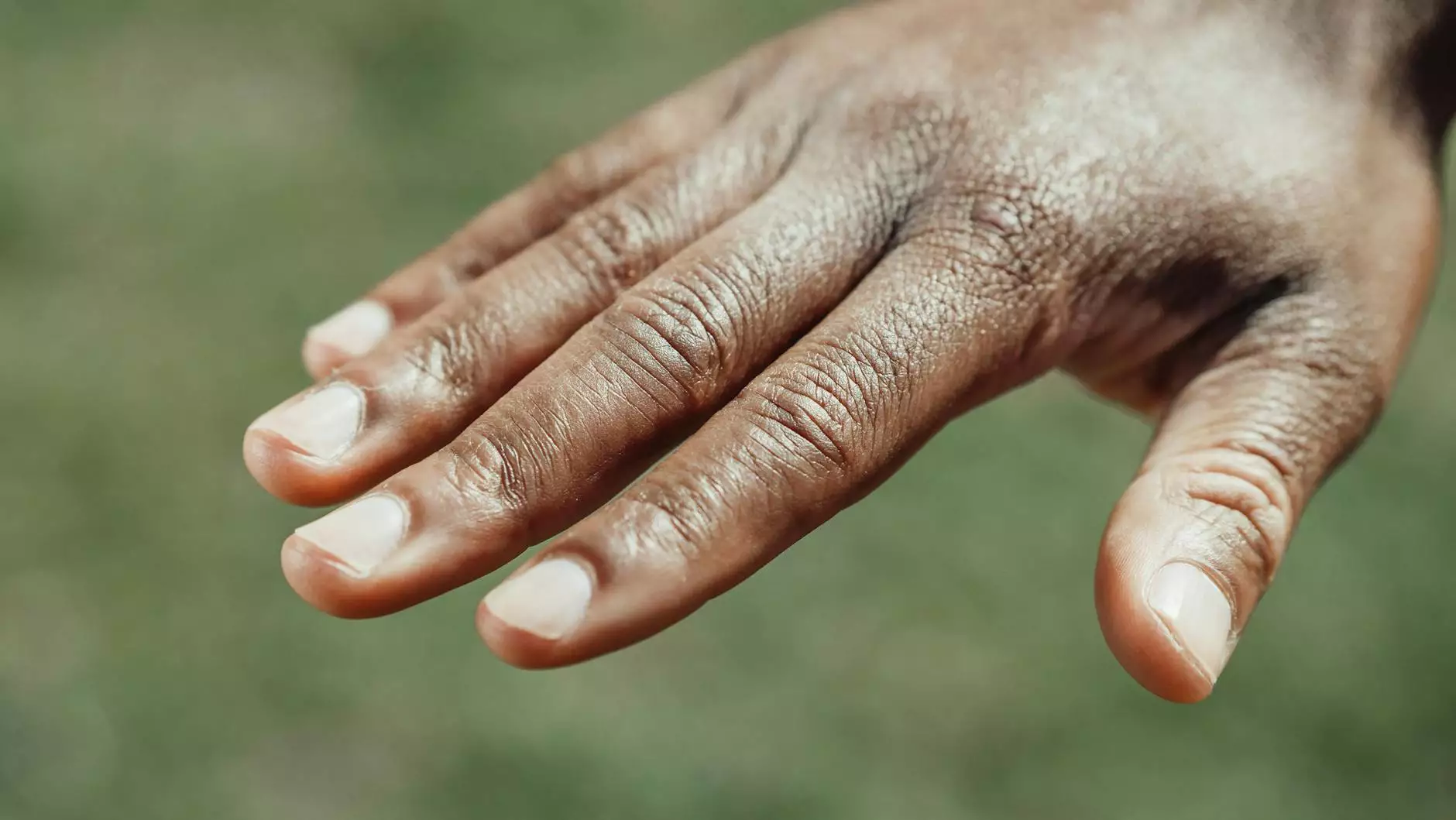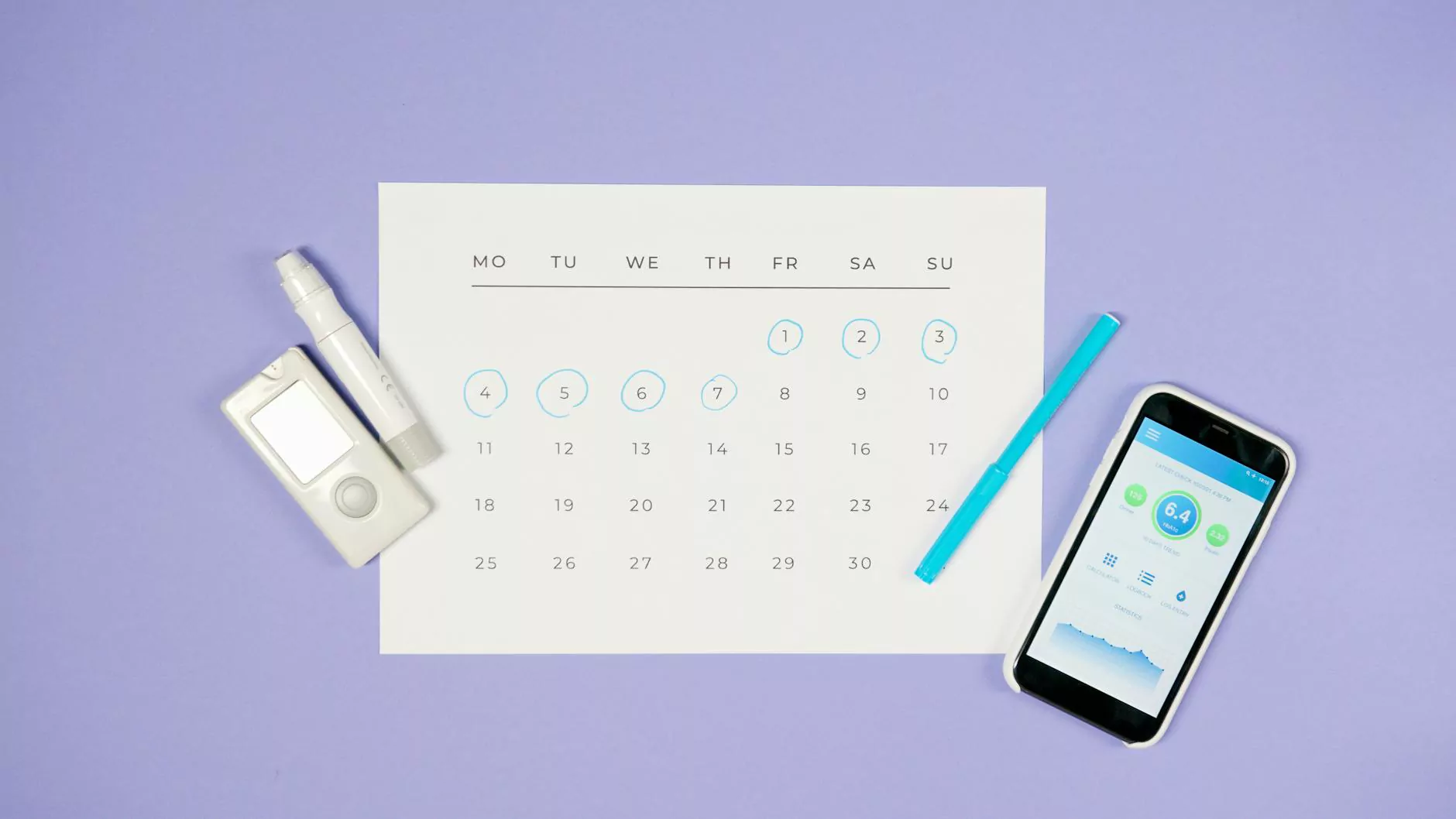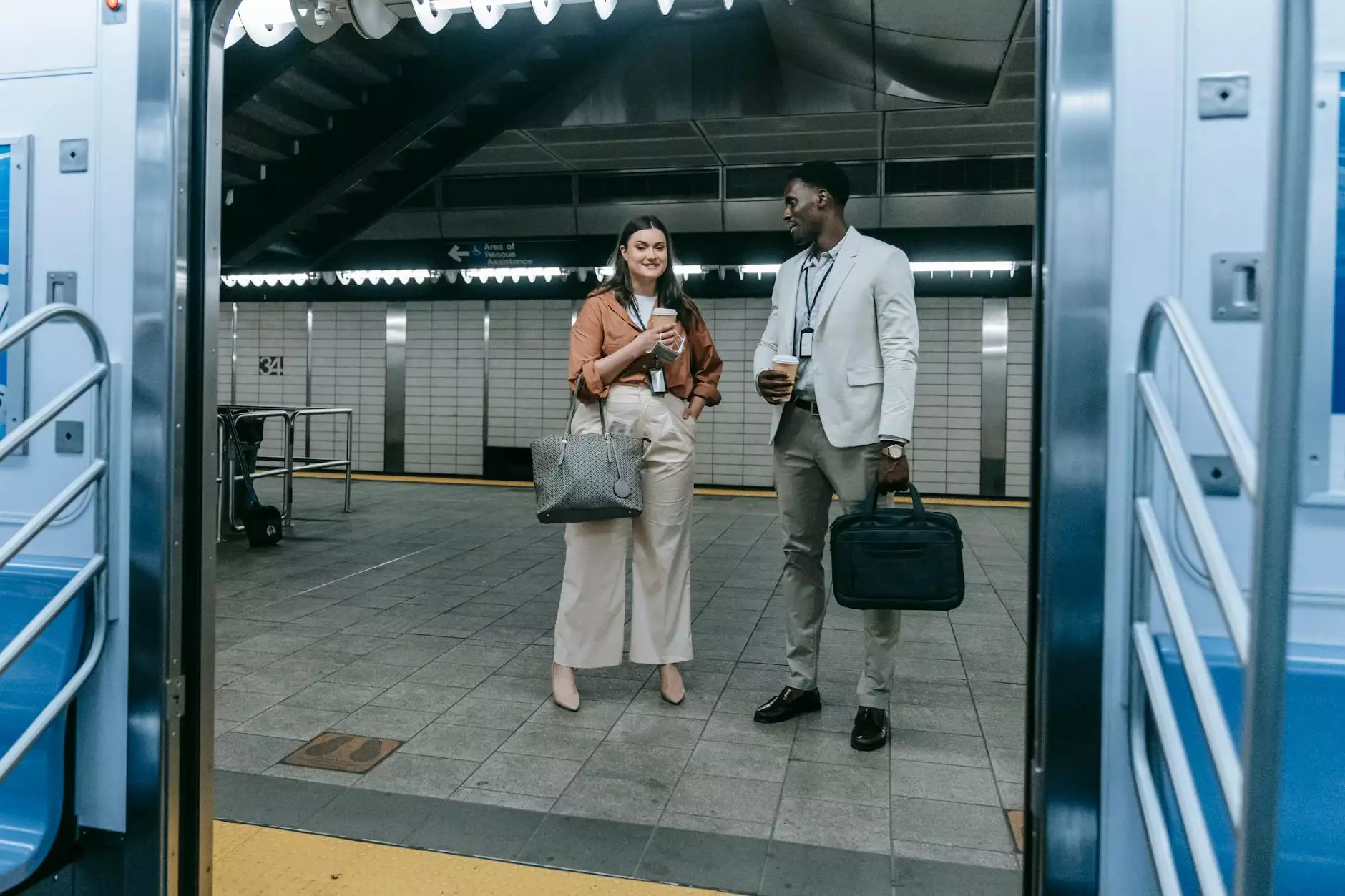Understanding the Importance of Varicose Vein Specialists

Varicose veins are a common yet often overlooked issue that affects millions of individuals worldwide. These swollen, twisted veins can lead to various health complications if left untreated. This is where the expertise of a varicose vein specialist becomes invaluable. In this comprehensive article, we will delve into what varicose veins are, the significance of seeing a specialist, the various treatment options available, and tips for prevention and management.
What Are Varicose Veins?
Varicose veins are enlarged veins that often appear bulging and dark purple or blue. They occur when the one-way valves in the veins fail to function properly, causing blood to pool in the veins instead of flowing back to the heart. Here are some common symptoms associated with varicose veins:
- Aching legs
- Swelling in the legs or ankles
- Fatigue or heaviness in the legs
- Skin changes near the varicose veins, such as color changes or ulcers
The Role of a Varicose Vein Specialist
A varicose vein specialist is a healthcare professional with extensive training and experience in vascular medicine. They specialize in diagnosing and treating vein-related conditions, including varicose veins and their complications. Here’s why consulting a specialist is important:
Expert Diagnosis
Varicose veins can sometimes mimic the symptoms of other vascular conditions. A specialist has the tools and knowledge to accurately diagnose whether your symptoms are indeed due to varicosities or other underlying issues. This ensures that you receive the correct treatment plan tailored to your specific needs.
Comprehensive Treatment Options
Varicose vein specialists offer a variety of treatments. Some common methods include:
- Endovenous Laser Therapy (EVLT): A minimally invasive procedure that uses laser energy to close off the affected veins.
- Sclerotherapy: Involves injecting a solution into the varicose veins, causing them to collapse and fade from view.
- Radiofrequency Ablation: Similar to laser therapy, this method uses radiofrequency energy to heat and close off varicose veins.
- Vein Stripping and Ligation: A more invasive procedure where the affected veins are surgically removed.
Follow-Up Care
After treatment, a varicose vein specialist provides essential follow-up care to monitor recovery and prevent recurrence. They offer guidance on lifestyle modifications and preventive measures to maintain healthy veins.
Why See a Specialist Instead of a General Practitioner?
While general practitioners can manage many health concerns, varicose vein specialists possess advanced training specific to vascular diseases. Here are some compelling reasons to consult a specialist:
Targeted Expertise
Vascular specialists are specifically trained in the anatomy and function of the venous system. Their focused knowledge allows them to recognize subtle clues that a general physician may overlook.
State-of-the-Art Technology
Specialists are often equipped with the latest technology and techniques for diagnosing and treating varicose veins. This includes advanced imaging techniques like duplex ultrasound, ensuring accurate evaluation and better treatment outcomes.
Preventing Varicose Veins
While genetics plays a role in the development of varicose veins, several lifestyle changes can help lower your risk. Here are some effective prevention tips:
- Maintain a Healthy Weight: Excess weight puts extra pressure on your veins.
- Exercise Regularly: Physical activity enhances circulation and strengthens leg muscles.
- Avoid Prolonged Sitting or Standing: If your job requires long hours of standing or sitting, take breaks to move around.
- Wear Compression Stockings: These help improve blood flow and reduce swelling.
Living with Varicose Veins
If you live with varicose veins, understanding how to manage your condition is crucial. Here are some strategies to help you cope:
Self-Care Practices
Implement daily self-care routines such as:
- Elevation: Raise your legs above the level of your heart to reduce swelling.
- Compression: Wearing compression stockings helps support your veins and improve blood flow.
- Exercise: Engaging in low-impact activities like walking can relieve symptoms and promote circulation.
Routine Monitoring
Keep track of your symptoms and consult your varicose vein specialist regularly for check-ups, especially if you notice any new symptoms or changes.
When to Seek Medical Help
Although varicose veins are often harmless, you should consult a specialist if you experience:
- Severe pain or swelling in the legs
- Skin ulcers or discoloration near the veins
- Bleeding from a varicose vein
- Signs of an infection, such as increased redness or warmth
Final Thoughts: The Essential Role of Varicose Vein Specialists
Varicose veins can significantly affect your quality of life, making it essential to seek help from a dedicated varicose vein specialist. Their expertise ensures you receive a personalized treatment plan tailored to your needs, enhancing your overall health and well-being.
At trufflesveinspecialists.com, we are devoted to providing the highest quality care for patients dealing with vein issues. If you or a loved one is struggling with varicose veins, don’t hesitate to reach out and schedule a consultation today. Our team of specialists is here to help you reclaim your comfort and confidence.









